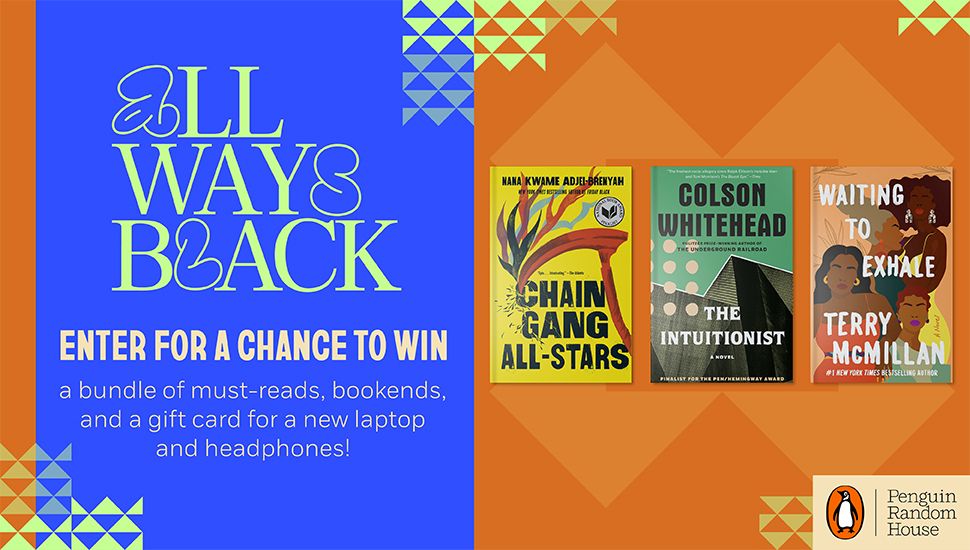DCYou Gotta Be Kidding Me
Back in June, DC launched their “DCYou” initiative, a slate of new books that marked a very noticeable departure from their output over the past few years. Gone was the house style and tightly-controlled-yet-still-somehow-mysterious continuity of the much-maligned New 52. In its place were 20 books that showed a real range of genre and vision, an apparent loosening of editorial restrictions, and an announced commitment to diversity.
Now rumors are swirling that DC wants to hit the reset button on that, just three months out. Heidi MacDonald’s got a good rundown at ComicsBeat.
DC hasn’t announced any cancellations of their new books, so it’s highly possible that the rumors are just that: rumors. But just in case, here’s a few reasons I’m desperately hoping they’re not true:
1. We don’t have true sales figures yet. Sure, July wasn’t a great month for DC sales-wise, but the numbers we get to see only encompass the direct market, i.e., physical copies to comics retailers. They don’t include digital sales, as Comixology doesn’t release those numbers; they don’t even really accurately reflect print sales. They’re the number of copies retailers purchased based on preorders from their readers and their best guesses about any additional sales. Sure, DC knows how many returns they get and how many digital copies they sell, but this is still less of an exact science and more an old man predicting the weather by his joint pain.
Moreover, we don’t have trade sales. The first trades of these books have been announced and presumably DC is counting their preorders, but preorders are only a (likely shrinking) percentage of total sales, and Amazon, who I’m betting is their largest single customer, buys less stock from publishers every year. They haven’t given customers a chance to discover these books in Barnes and Noble; they haven’t factored in a holiday season (I buy so many trades as gifts, and I know I’m not alone) or even let customers read a whole arc before deciding whether or not to order or recommend the trade it’ll come in.
If DC is basing their business decisions on sales to comic book retailers, they’re only looking at customers who buy their comics the old-fashioned way: by going to the store and setting up a pull list so that the store can gauge the size of their preorders. But digital is on the rise, trade waiting has been on the rise, and those two avenues of purchase are much more popular with new and casual readers. You know, the ones the DCYou initiative was supposed to be aimed at?
Basically, if DC is deciding the future of the DCYou line based on the response from the traditional retail market, they are going directly to the people least likely to be excited by these books. Kind of feels like gaming the system, guys.
2. This is not a good month to compare yourselves to Marvel. Yeah, Marvel’s the market leader. But a lot of that is Star Wars-related, and there’s not really anything DC can do about that. (Does Warner Brothers have an equally profitable property to exploit? Gasp! Might I finally get the Space Jam ongoing of my dreams???)
And for the more organic Marvel stuff? DC is the KING of crossover events; they should know perfectly well that a loosely connected soft reboot featuring almost no A-listers is not going to outsell Secret Wars. Give it time, DC. Check your figures against Marvel’s in November, when your first DCYou arcs are wrapping up, and Marvel has lost the bump from all of October’s All-New All-Different #1s. That’s your measure, not Secret Wars.
3. This is hardly giving books a chance to find their market. The New 52 reboot in 2011 was widely reviled; I know many people who still refuse to pick up a DC book because of it. (And DC cherrypicked for feedback from entrenched readership there, too.) DC hemorrhaged creators in that first year and was raked across the coals in the blogosphere. Meanwhile their sales, which had seen an uptick in September 2011 because everything was a #1, soon settled back to where they’d been in 2010.
And yet that sucker lasted for three and a half years before DC dropped the branding and the tight continuity. The DCYou – which was met with excitement and optimism by corners of the market that had long since written DC off – has barely been given three months. Come on, dudes.
4. Creator and audience goodwill and confidence will be shot. When I attended the DCYou panel at Special Edition: NYC, one of the things that struck me was how excited the creators seemed to be about the creative freedom they’d been granted. Compare to my point above about DC losing creators due to too-tight editorial control in the early days of the New 52. Does DC really want to make their creators feel unsupported and untrusted again?
Plus, pulling the plug on the DCYou now smacks of indecisiveness to the readership, and a lack of courage in their convictions. Why would I pick up a new title from them in the future if I know they might cancel it on the slightest whim? Why bother getting invested when they don’t have a clear creative vision for the company?
And that creative vision might be the most important thing, because…
5. You can’t say you’re interested in diversity, and three months later say, “No, never mind.” The DCYou initiative was sold on the idea of diversity: diverse characters, diverse creators, diverse tones. That’s deeply important to a growing number of readers – the same kinds of readers who buy books digitally and in trade, remember?
To pull back on that direction now sends a very, very bad message. It tells the market that DC only cares about an aging, straight, white, male demographic – a market that is constantly shrinking, even as TV and movies open ever more markets for comics publishers. For a company that’s already walking a tightrope about this sort of thing – should we talk about the title of The Dark Knight III: The Master Race? – it’s not a message they should risk putting out there. With Marvel making one diversity-related PR blunder after another lately, DC should stay the course, and let the other guys be the ones with egg on their face for once.
–
Like I said at the start, this all might be wild speculation, and we could have, say, Black Canary’s literally rocking adventures for years to come. I hope that’s true. The DCYou Initiative is legitimately fresh and forward thinking, and reading its books makes me proud and excited to be a DC fan for the first time in a long time. Don’t let me down, guys.











